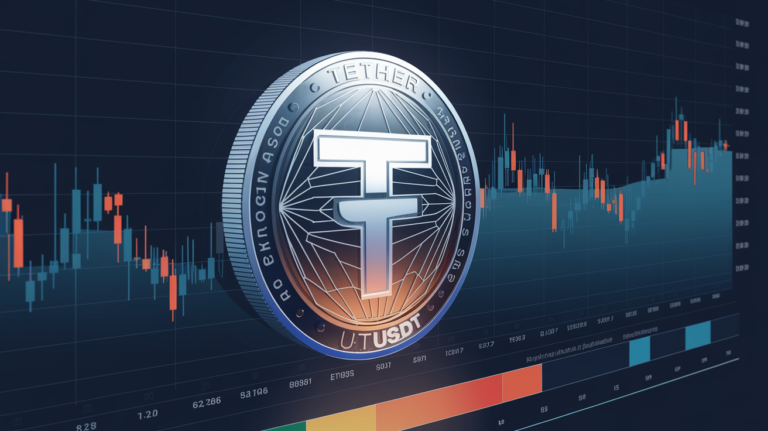During a PlanB event in Lugano, Switzerland, CEO Paolo Ardoino said the company has invested $5.58 billion in Bitcoin (BTC), $3.87 billion in gold, and approximately $100 billion in U.S. Treasuries. It was revealed that he owned it. The announcement comes after renewed calls for greater transparency into Tether’s reserves and accusations from the U.S. federal government over its compliance practices.
An unveiling ceremony for the Satoshi Nakamoto statue was also held at the event. Tether provided further insight into its reserves, with Ardoino revealing that the company holds 82,454 BTC and 48.3 tons of gold in its vaults. Ardoino emphasized that these holdings are essential to maintaining the stability of USDT as demand for stablecoins increases.
Tether’s response to allegations and WSJ report
The announcement followed a report in the Wall Street Journal that the U.S. attorney’s office in Manhattan is investigating Tether for possible violations of anti-money laundering regulations. Citing anonymous sources, the company is accused of indirectly supporting illegal activities through drug trafficking, terrorist financing, and third-party transactions related to Russian arms traffickers.
However, Tether denied this report. Paolo Ardoino strongly responded to the WSJ report, saying, “As we told the Journal, there is no indication that Tether is under investigation.” WSJ is regurgitating old noise. Full stop. ” Ardoino further emphasized that Tether has long worked with law enforcement agencies to thwart illicit financial activity.
Since 2014, Tether has helped recover over $109 million in assets involved in fraud and sanctions violations. Despite these efforts, transparency concerns remain prevalent among critics of the company’s management, including questions about whether its reserves truly back USDT’s $120 billion market capitalization. is expanding.
Tether faces scrutiny for transparency and operations
WSJ reporting continues the ongoing debate over Tether’s regulatory practices and reserve audit. Its latest report accused Tether of not conducting a proper and independent audit of its reserves and questioned whether each USDT token could be fully backed by US dollars or equivalent assets.
Critics also focused on the fact that Tether operates around the world, particularly in Russia and Venezuela. The nonprofit said these operations by Tether may have allowed it to evade sanctions around the world, raising further questions about its regulatory compliance.
Even with these challenges, Ardoino still assures the public that Tether is committed to transparency and compliance. He also added that the company actually has solid reserve backing spread across Bitcoin, gold, and US Treasuries to ensure the stability of the digital currency.
How to ease the pressure of surveillance?
Tether has become the epicenter of regulatory controversy as stablecoin issuers come under increasing scrutiny. The Journal’s allegations have reignited skepticism in some quarters, but the company is taking steps to protect its transparency and cooperation with law enforcement. Tether is seeking to quell public backlash and boost confidence in the stability of USDT through updated reserve disclosures.


